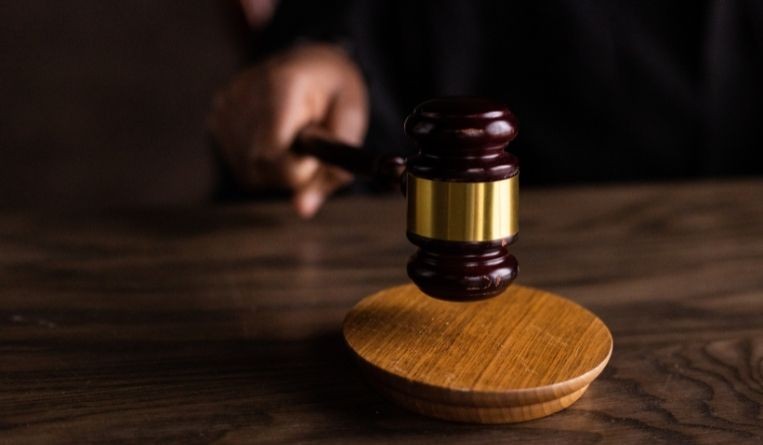India’s Delhi Hight Court notifies IP Division Rules and Rules Governing Patent Suits
23 March 2022

The High Court of Delhi in India notified the Intellectual Property Division Rules, 2022 (DHC-IPD Rules, 2022) and the Rules Governing Patent Suits, 2022 (Patent Rules) on February 24, 2022.
The DHC-IPD Rules, 2022 streamline the process for resolving IP disputes in India, make the proceedings uniform and contain detailed procedures, among others.
The Patent Rules simplify and strengthen the procedures for adjudication of patent infringement cases to make them more effective.
The Rules define various terms such as claim construction brief, invalidity brief, infringement brief, non-infringement brief and damages brief and state what each type of brief should include.
The Patent Rules also provide specific requirements for the content of pleadings and the list of documents that should be filed with the pleading. A counter claim, as mentioned in the Patent Rules for example, should not merely indicate that the invention is not novel or inventive. It must contain a chart as to which specific claims are hit by which prior art or combinations thereof. An infringement brief meanwhile, must include additional documentary requirements in connection with Standard Essential Patents.

“Due to the scientific or technical nature of patent matters, it is important that the court is made well-versed with the technology involved,” said Charul Yadav, a partner at Obhan & Associates in New Delhi.
Accordingly, the Patent Rules contain a provision for the Delhi High Court to direct the joint filing of a technical primer by the parties for the Court to understand the basic science and technology components in the patent(s) before the first case management hearing.
The Rules also require the Delhi High Court to create a panel of scientific advisors to assist the judges. If needed, the Court may also require at least one technical person from the pool of witnesses from each side, to assist the Court during the final hearing.
Furthermore, the Rules provide for the formation of a confidentiality club where required and recording of expert testimony by the Hot Tubbing technique.
“The patent-related matters by nature are very technical and complex. Due to their technical and intricate nature, such matters can sometimes be very challenging for the courts. Therefore, accurate and timely adjudication of patent cases requires highly experienced judges supported by technical experts. The introduction of the High Court of Delhi Rules Governing Patent Suits, 2021 to govern all patent suits and actions before the Intellectual Property Division (IPD) is a great step in addressing the complexities associated with these matters,” said Yadav.
The first of its kind in India, the IPD was established in the High Court of Delhi following the abolition of the Intellectual Property Appellate Board in 2021 (IPAB). The IPD is tasked with the swift handling of IP-related matters including appeals, petitions, revocation and cancellation actions, among others. More than 3,000 IP-related cases were transferred from the IPAB to the High Court of Delhi after the former’s abolition. The IPD was also designed to streamline adjudication of other IP disputes.
The High Court of Delhi Rules Governing Patent Suits, 2022 also segregate the proceedings of the suit into three management hearings followed by a final hearing.
According to Yadav, recent years have seen a surge of patent litigation in the courts of India with Delhi being a hot spot. The problem is, court cases in India are known to be time consuming and time is of the essence when it comes to IP matters especially patents.
“The technology is time-sensitive and the economic value of the patented technology is eroded over time,” she explained.
“The creation of the IPD and special rules governing the patent suits is expected to result in the quick and effective resolution of cases. The creation of a special IP bench at the Delhi High Court and streamlining of the procedure for adjudication of patent disputes is also in line with the global practice. It will increase the judicial exposure and competence of the patent law. All of this is expected to improve the quality and consistency of patent case law in India,” she added.
Espie Angelica A. de Leon






